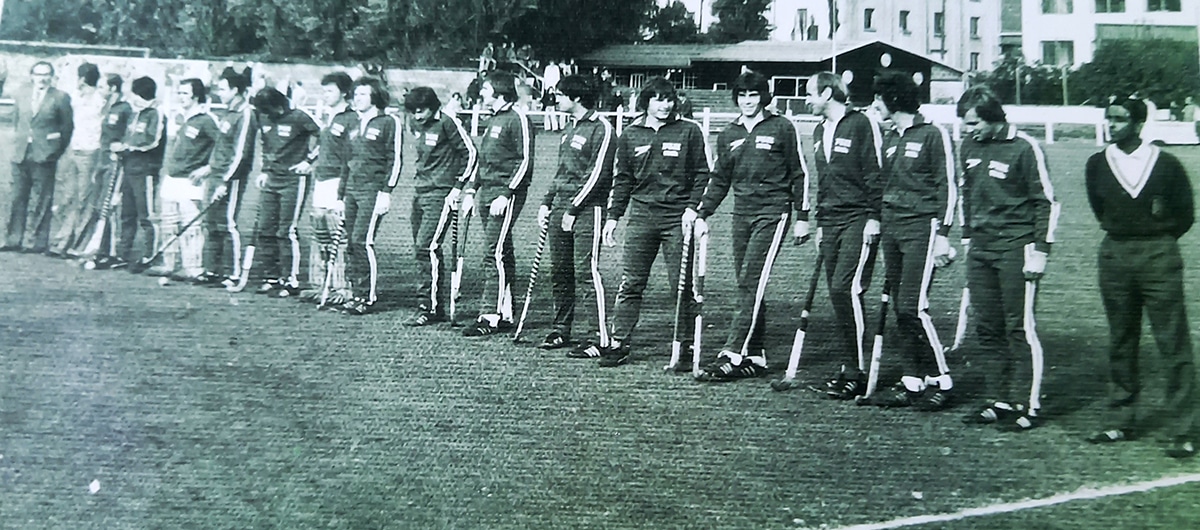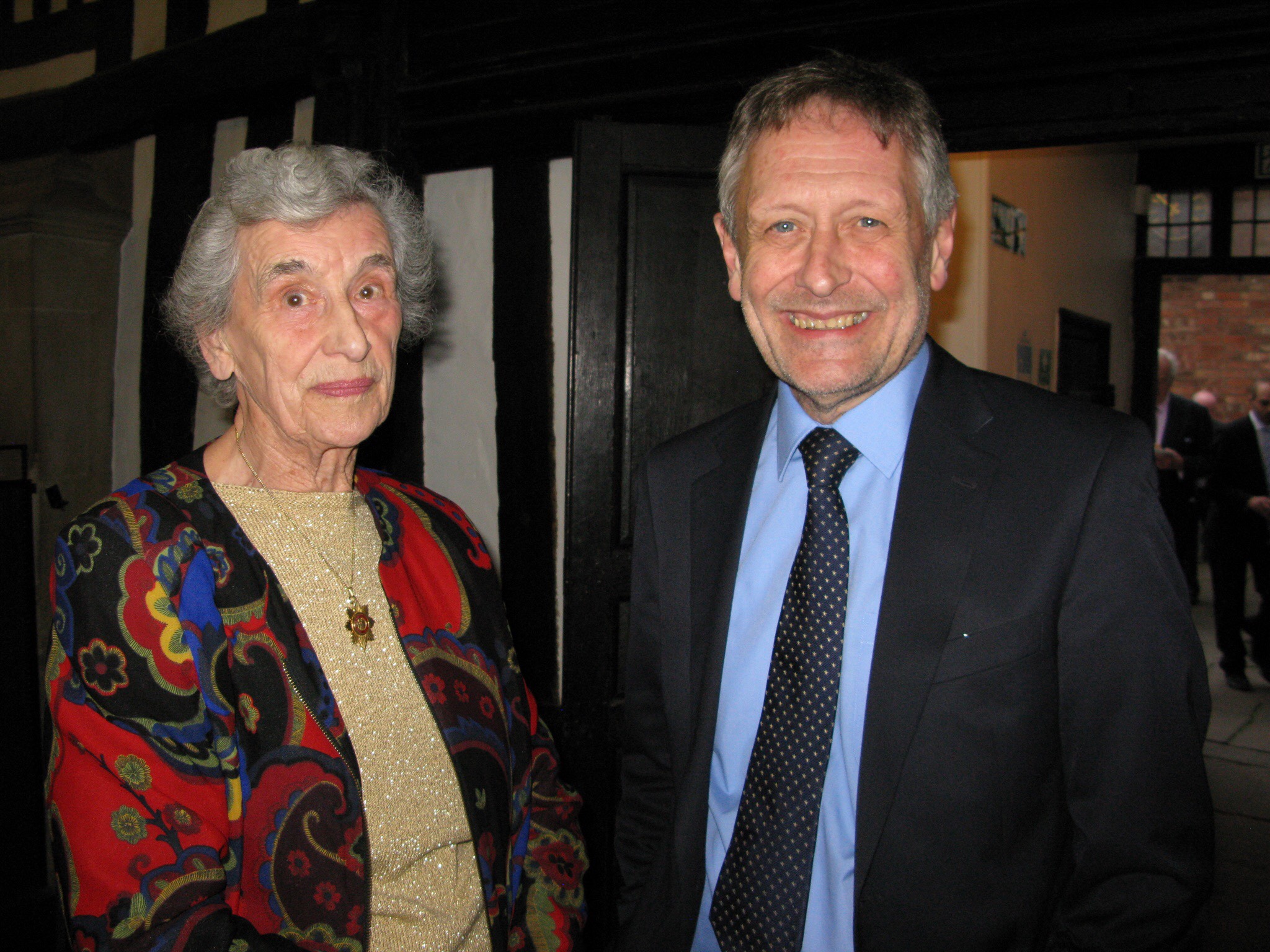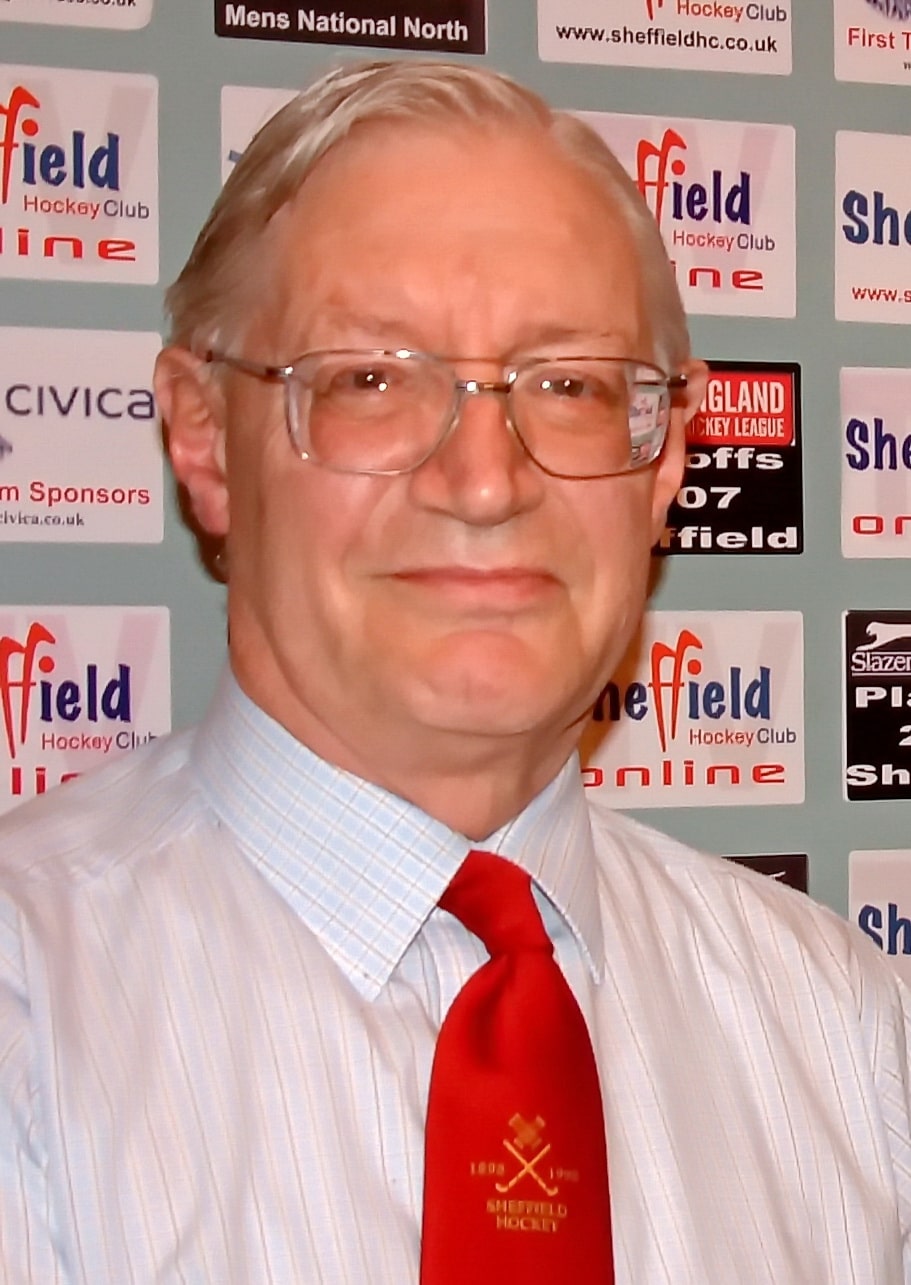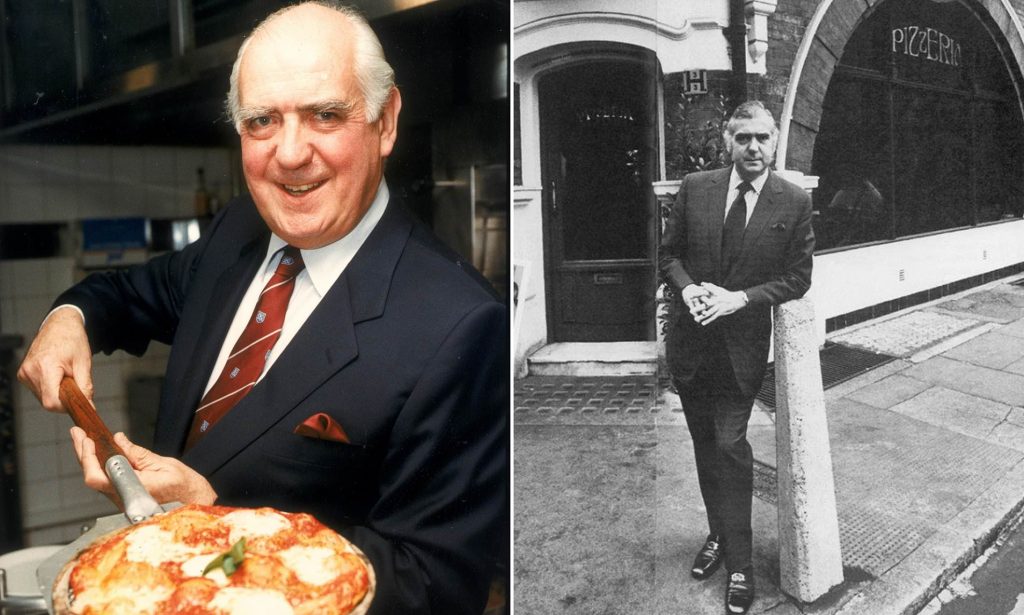The Folkestone Festival XI, 1973. PJ Wilson is back row, second left. Image courtesy of Brian Griffiths (back row, third from the right).
09.08.1942 – 22.03.2024
Oxford University, Wales and Great Britain
It is with great sadness that The Hockey Museum marks the passing of one of the most talented sportsmen of the post-war generation. Not only of hockey but also several other sports in an era when it was possible to excel at multiple. Many observers of hockey considered Peter James (PJ) Wilson to be the most talented hockey player of his era. One famously commented that PJ could play magic hockey with a fence plank!
His completeness as a player and an all-rounder is borne out by his record. He played 87 times for Wales, 49 of them as captain. He also played for Great Britain (GB) on 35 occasions in a remarkable career that spanned 4466 days. His is one of the longest GB careers that did not span WW2. In addition to hockey, PJ was a Welsh squash international, and he played two first-class cricket matches for Oxford University.
We are greatly indebted to PJ’s good friend and Welsh teammate Brian Griffiths who has drawn on personal insight to write the following obituary.
Obituary
By Brian Griffiths
Not many people are known simply by their initials. But ‘PJ’ had genuine all-round ability, with gifts for hockey, tennis, squash, football, rugby, golf and cricket. He had Corinthian credentials, but outside of sport he was a modest teacher of maths, science and games at the Dragon School in Oxford for over half a century. He was affectionately known as ‘The Great PJ’ to generations of Dragon boys.
He was in Great Britain’s Olympic hockey team in Mexico in 1968, and later in 1974 was the only British player selected for the European Xl versus Asia, to mark the 50th anniversary of the International Hockey Federation (FIH).

The European team that played an exhibition match against Asia in Brussels, 1974. PJ Wilson is fourth from the right. Image courtesy of team manager Patrick Rowley who is shown furthest left.
We shared dozens of international matches for Wales in the 1960s and ‘70s, which involved training at Lilleshall and starting with hair-raising trips from Oxford in his Mini-Cooper! He accepted the rigours of the exacting team physical training to raise the bar for squad performance. Even in the era of grass surfaces, he could effortlessly send aerial balls half the length of the pitch. In training, you did not want to be competing against him in skills practices or in small-sided games!
PJ was charismatic and a beautifully built natural athlete. But he could be quiet and introspective, with his room echoing to Radio 4 or a Beethoven Late Quartet. He had intellectual curiosity and was a reflective hockey tourist … a stroll along Durban beach at 2am springs to mind, after a match against South Africa.
PJ was a pivotal part of the history-making Wales team in 1974 which took the Triple Crown for the first time since it began in 1903, the highlight being a victory over England by three goals to one in Cardiff. As Desmond Eagar’s report stated, “in the dying seconds Wales were awarded a penalty stroke, and the captain, Wilson, who deserves credit for his country’s triumph, capped a great day for Welsh hockey by adding a third goal”.
His Corinthian nature flourished with the touring Ladykillers hockey team, especially at the Folkestone Festival. In 1973, we were in the all-international Festival Xl against the then European Champions, Frankfurt 1880, with their German Olympic stars. We beat them 4-1, causing RL Hollands in the Daily Telegraph to write, “This Festival match provided as fine an exhibition of hockey in the modern style, as I could remember, and that includes the last Olympics. The team had pace, punch, and a degree of skill which delighted a crowd who had hockey in their bones”.
PJ was the complete player, to whom sporting success came naturally, but he carried it lightly, and was whole hearted in his contributions to the team. Truly, a unique all-rounder of his time.
Other obituaries
Remembering PJ Wilson | Dragon School Oxford
Peter James Wilson 09.08.42-22.03.24 | Hoci Cymru (Hockey Wales)









